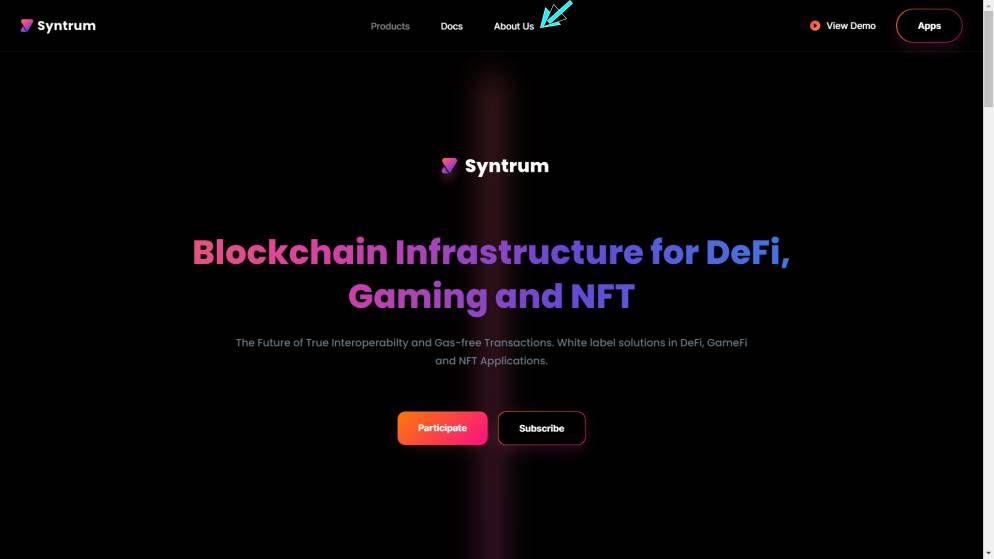Website vs. Webpage: Differences you Need to Know

Blog post by Favour Chukwukere,
Published at June 19, 2023
There are many different approaches to web development that are followed by businesses across the globe. Some opt for highly extensive websites based on their SEO strategies, while others go for simple sites designed to funnel leads to offline lead management systems like customer reps.
But if you lack experience with building websites, you might wonder: What separates a single-page website from a webpage?
A web page can be considered a single entity, whereas a website is a combination of web pages. Web pages are accessed through a browser while on a website HTTP and DNS protocols are used to access them.
What is a webpage?
A webpage is a single document structured with written and visual content, designed to educate the viewers about something specific.
This information is related to the business it represents but focuses on a specific function or service. For example, a website’s contact page should only convey information on how to contact the business.
A web page can also be defined as a solitary page on a website. When a user wants to access a webpage, it can be accessed by using a single URL, and that page can be copied and shared.
Viewing a webpage doesn’t require any navigation, unlike a website. It can contain text, graphics, audio, video, downloadable hyperlinks to other pages, etc.
Webpages are designed to structure the information in a way that makes it easier for visitors to browse and find the information they want.
For example, let’s imagine a website called favefooties.com, which sells comfy footwear. Each of its footwear categories can have a separate webpage, such as favefooties.com/men or favefooties.com/women.
Let’s look at an example of an “About” page from Syntrum Blockchain.

This webpage is designed to inform its audience about the company and its background. For those looking for a portfolio, or how to contact the company, the website has separate pages to allow a user to reach them directly from the search engine.
Additionally, this type of structured website allows for better search results, as businesses can match the intent of the searcher quite well. Moreover, it allows for a more robust search engine optimization strategy, which is essential today for any kind of website that wants to rank well on search engines.
There are two types of web pages — Static web pages and dynamic web pages.
What is a website?
A website is a collection of related web pages linked together via a digital domain. Usually, a website’s purpose is to educate and inform an audience. At least, that’s what a lot of people would say if you asked them.
A website can be industry-specific, product-specific, or services specific, etc.; these websites are intended to educate their site visitors about their industry, products, or services. A website must first be hosted on a server so that it can be accessed on the internet.
But here’s a follow-up question: Does a website really need a set of different web pages to be considered a website? And if that’s true, what do we make of the single-page websites that many small businesses are sporting nowadays?
We can also say that a website is a collection of visual and textual content presented on one or more related web pages.
When we talk about businesses like e-commerce stores or service providers, multi-page websites are the norm. On the other hand, restaurants and small brick-and-mortar businesses could do equally well with a single-page website.
However, sometimes the choice isn’t so clear-cut.
Websites cannot be indexed. Search engine crawlers crawl web pages and index web pages rather than a website. A website is navigated from one webpage to another.
KEY DIFFERENCES:
- The overall structure of the website and its programming are relatively complex. However, webpages are easy to develop once the website has been structured.
- Normally, a webpage contains content about a solitary entity or a topic, whereas a website is a place that contains content from different entities or topics linking certain hyperlinks.
- The website is presented by a unique domain address and also takes more time to develop than a webpage.
- A webpage can be accessed using a direct URL link or through a website, whereas a website can be accessed through a domain address.
